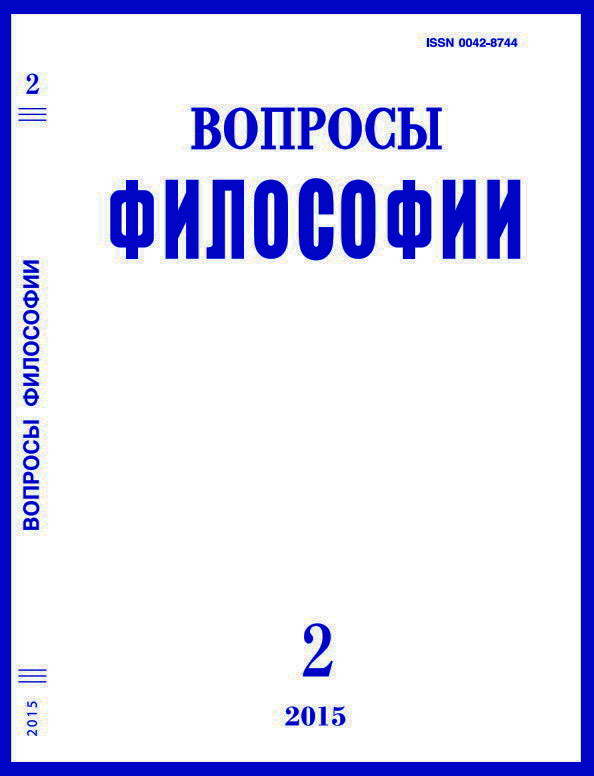The Concept of “Uniqueness of Event” in the Architectonic of the “Ancient Chapters” of Bulgakov’s The Master and Margarita
Keywords:
M. Bulgakov, The Master and Margarita, event(ness), Pilate, Bakhtin, the ethical.Abstract
The article analyzes the “ancient chapters” of The Master and Margarita from the perspective
of the category of eventness, which makes possible to explicate the understanding of religious
existence essentially revised by Bulgakov. The research maintains that this revision lay in the
same direction as the major philosophical quests of the XX c.; it consisted in giving up the
immediate depiction of religious experience and in the attempt to demonstrate the form of the
world in which a religious event takes place. The system of research approaches that the article
draws upon involves philosophical concepts of M. Bakhtin, S. Kierkegaard and certain aspects
of F. Dostoevsky’s literary anthropology. The discussion of the evangelical story of Zacchaeus
also sheds new light on the meaningful pivots of the image of Pilate created by Bulgakov’s
imagination.

